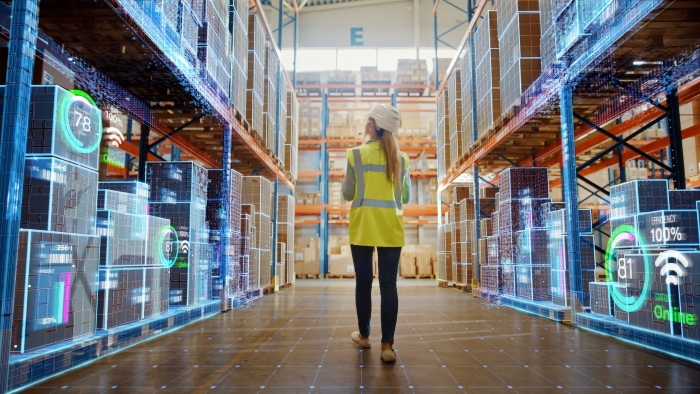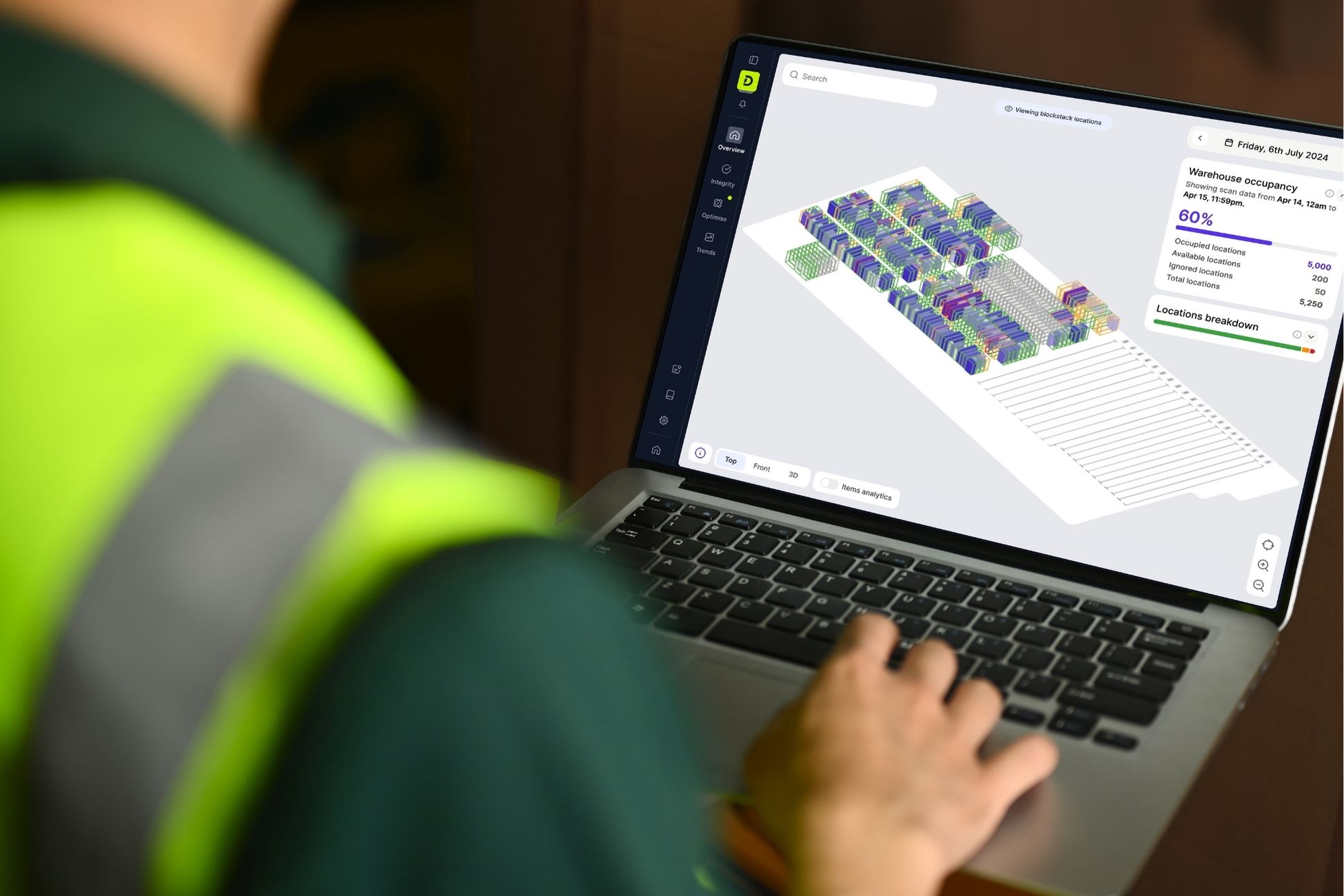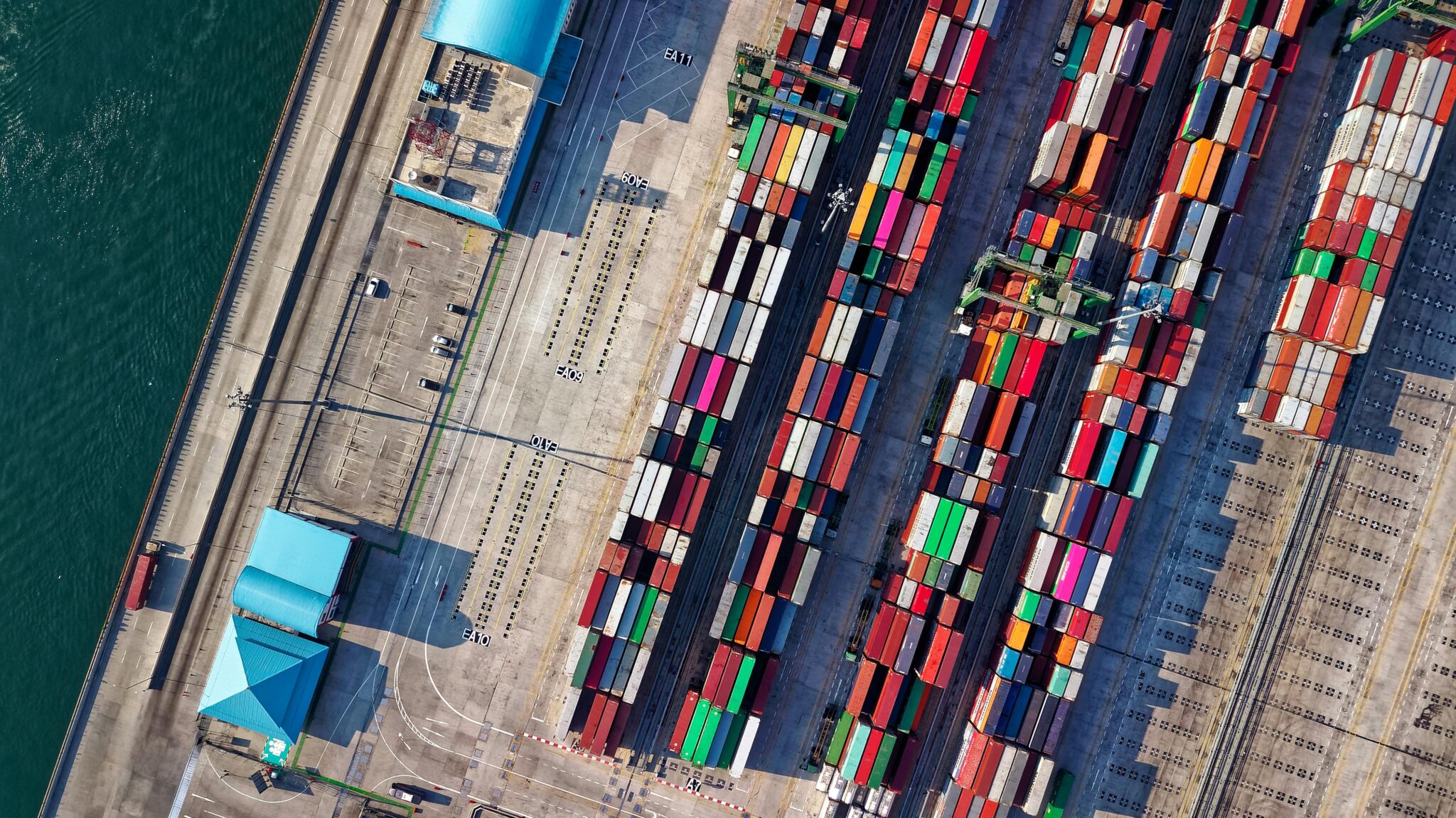The fifth edition of IFS Connect 2025 drew a record-breaking crowd of more than 500 participants from across Central and Eastern Europe, reinforcing the event’s growing significance as a premier platform for digital innovation in logistics, manufacturing, and enterprise operations, reports Peter MacLeod, Logistics Business Editor.
Held in Warsaw, the conference brought together industry leaders, customers, and technology partners to explore how Industrial AI and cloud-based ERP solutions are transforming business operations in high-impact sectors. At the heart of the event was the unveiling of customer success stories, new product insights, and recognition of standout organisations through IFS’s Business Transformation Awards.
Industrial AI Takes Centre Stage
This year’s IFS Connect focused heavily on Industrial AI, positioning it as the foundation for modern enterprise strategy. The theme resonated with attendees from industries such as logistics, energy, and manufacturing, where automation, predictive analytics, and end-to-end process integration are mission-critical.
“Industrial AI is no longer an option, it is the foundation of modern business,” said Marek Głazowski, President of IFS Poland & Eastern Europe. “It allows companies not just to optimise operations, but to forecast and adapt to future disruptions.”
Cathie Hall, IFS Chief Customer Officer, added: “AI is the biggest shift since the cloud. We’ve invested 20% of our R&D budget into AI over the past year, and demand for IFS.ai is accelerating. Our customers are ready, and so are we.”

Awards Celebrate Digital Leadership
A highlight of the event was the IFS Business Transformation Awards, which honoured companies achieving exceptional progress in digital transformation. Winners included:
• Grupa Kęty: Recognised as a Business Transformation Leader for its successful launch of IFS Cloud in its Extruded Products segment. The ERP rollout covered sales, logistics, finance, warehouse management, and production planning, benefiting over 6,000 employees and integrating with MES, TMS, and other systems.
• Wuteh and ZPAS: Also named in the Business Transformation Leader category for their advances in process optimisation and full-scale IFS Cloud integration, respectively.
• GZ Media (CZ): Honoured as Innovative Business for leveraging IFS Cloud to enhance operational agility in vinyl record production.
• Kilargo: Received the Implementation Excellence award for its smooth system deployment in the food and beverage sector.
• Gamet: Named Reference Client of the Year for its collaborative knowledge-sharing efforts within the IFS ecosystem.
• KAN: Awarded Digital Transformation Architect for leading bold change in the installation systems industry.
• Arkadiusz Szafrański of Mikomax: Named the first-ever IFS Brand Ambassador for championing IFS values and technology adoption.
“These companies exemplify how forward-thinking strategy, combined with modern tools like IFS Cloud, leads to measurable business success,” said Głazowski.
ERP Benchmark
One of the most compelling case studies at IFS Connect was that of Grupa Kęty, a leader in aluminium profiles and components. The company announced the completion of the first phase of its IFS Cloud deployment, aimed at streamlining operations and improving data flow across departments such as production, logistics, and finance.
“This was more than an IT project, it was a company-wide transformation,” said Roch Jasiaczek, IT Director at Grupa Kęty. “The success lies in close collaboration between our teams and IFS, enabling us to customise solutions for real-world industry needs.” “We now have a scalable, flexible platform that supports both current needs and future expansion,” added Rafał Warpechowski, CFO of Grupa Kęty.
As IFS Connect 2025 wrapped up, one message stood clear: Industrial AI and integrated cloud systems are reshaping logistics and manufacturing at scale. From predictive maintenance to real-time process automation, companies embracing digital transformation are gaining the agility needed to stay competitive in a volatile market. With continued investment in AI and strong partnerships across sectors, IFS looks well-placed to play a pivotal role in the digital future of B2B operations.
similar news













